|
It's obvious to anyone who visits this page that it is way out of date. I was going to delete the blog altogether but that would do a disservice to all the fantastic authors who have contributed in the past. Please scroll down to read their posts.
0 Comments
We all loved April's submission and are delighted that Hive has now been published. We wish it the best of luck. Near-future Britain. Climate change has led to food shortages and civil unrest. Pollinating insects are in steep decline. My Journey to Publication
For the longest time I dreamed of becoming a published author. Imagine… walking into a bookshop and seeing your book on the shelves. Maybe one day taking a seat on a train and noticing that the person opposite is reading a copy of your book… I studied for an MA in Creative Writing. I wrote and wrote and wrote. I had a few short stories published. I sent out novels to competitions and agents and had a lot of passes. I put the novels quietly under my bed and started the next thing. I didn’t stop dreaming. In 2018 I had an idea for something very strange. Like nothing I’d ever written before, it was as though my anxieties about climate change and species decline had condensed into a not-too distant future with characters I could see and hear – a plot – a novel – I grabbed my laptop and opened a new file. I wrote the first draft of Hive more quickly than I’d ever written anything before. Once I’d finished the edits I started to submit to agents. This time it was different – there was a lot of interest and some agents asked to see the full manuscript (I tried not to get my hopes up). I had some amazing editorial advice from an agent who later passed, but the re-write made it a much stronger book. It was 2019. I carried on submitting to agents and competitions and had a lot of passes and then - the world stopped. During those strange days at the start of the pandemic my perspective changed. I couldn’t read, I wasn’t thinking about writing. Life felt fragile. On my daily dog walks I paid more attention to the natural world I’d been writing about. Out of the blue I had an email from the Exeter Novel Prize – Hive had been longlisted. Then, the day before the first lockdown began, I found out that I’d been shortlisted. The judge was Broo Doherty and her feedback gave me a huge confidence boost. I started to believe that perhaps, this time... I began to submit again, however despite the positive comments and interest in my novel it seemed that the subject matter wasn’t what agents and small publishers were looking for during a global pandemic. Except – the book seemed to have struck a chord with readers - I really wasn’t ready to let it go. I started looking at options for self-publishing. But then! Hive was accepted for publication by The Book Guild and in 2021 I had the pleasure of working with the wonderful team who got it ready for publication. It still doesn’t feel quite real, seeing my book in the bookshop window, in other people’s photos on Instagram and Twitter. I have to pinch myself every time. Now that Hive is out in the world my imagination has once again galloped on ahead. Who will I cast in the film? I’m holding out for George Clooney. There’s no harm in dreaming. April Doyle’s debut novel, Hive, is published by The Book Guild (ISBN: 978-1913913779) available in paperback and as an e-book on Amazon at Waterstones and at Hive Twitter: @aprilcdoyle Instagram: aprildoylewriter We're very pleased to welcome Bibi to the blog. Since being shortlisted with us, her amazing novel The Watch, was also shortlisted for the Lucy Cavendish Prize. It has recently been published by Salt, and we wish it the very best of luck. 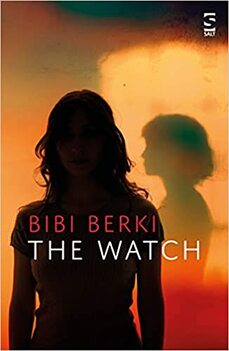 Three Short Thoughts on Writing 1 Writing fiction – for me anyway – has always been an exercise in coalescence. An idea knocks about in your head for a long time, years maybe, but it isn’t until several other, apparently disparate ideas stick to it that you’re good to go. The Watch coalesced. I’d set my heart on writing a small, intense story. Small in the sense that it drilled down into a single situation, character or relationship. But I had to wait for the situation. It arrived causally while listening to the radio one day. A senior clinical psychiatrist was talking about student mental health. It used to be the case, he said, that undergraduates who were in danger of harming themselves would have another student put in with them overnight, to keep an eye on them until parents could be fetched the following morning. What would such a night be like, I wondered, given that young people feel such heightened emotions and have the time and inclination to pull apart their feelings and explore every inch of their psyche? Which is where the next idea eventually stuck to the first few. Altruism. Such a soaring ambition in the young. Can it last? What drives it? Can it ever be misplaced? Don’t be put off. Those are the stuck-together ideas. My aim was just to make a very readable tale out of all those elements. I dearly hope I’ve succeeded. 2 Something has changed in the way I write. It used to be a solitary affair, a very private occupation. I didn’t talk about it, didn’t show my fiction to friends or family members. That’s how it went for years. How strange – what a waste of those years – that I didn’t want to share it. And how counterintuitive. That detached process is anathema to me now. The mechanics of writing still require solitude, of course, but the perfecting of a story has become far more collaborative. I need to know how a plot is going down with a reader. I want to hear what they have to say about the characters. I was lucky with The Watch. Two friends and an agent read the manuscript not once but twice. I owe them a lot for that. Competitions, if you’re lucky enough to be placed in one, can provide a very similar service to the friendly reader. Being short-listed for the the Exeter Novel Prize was a turning-point in many ways for me. There’s something very special about that competition. I’m extremely glad that it exists and that it gave me such a kick up the backside. But it’s not the only useful kicking I got. Which leads me to… 3 Writing for audio. I love making audio. I love writing it, I love getting other people to write it and love shouting about it. That’s how my production company, Tempest, was born. It helped that there was a listening revolution going on, with huge demand for new material, both fiction and non. We were in a strong position: I have a background in journalism and broadcast, while the co-founder, Mark Lingwood, is an actor and director. We had all we needed to create something new and, we hoped, engaging. But for years I had thought it was novels or nothing. Even as I found myself less absorbed by them, still I thought that no other literary form mattered. I have my children to thank for opening my mind. Young people consume stories in a a multiplicity of ways, from fan fiction to YouTube, music to gaming. It all feeds a primitive need to lose ourselves in lives other than our own – and to find those captivating moments of recognition. The joy of Tempest for me is that anything goes as long as it’s well-written. We’re more channel than podcaster, now, open to all ideas and genres. Our series Unbound, for example, started under Lockdown. We knew that people would be looking for new listening material and that there were plenty of stories out there that translated perfectly into a narrated recording. Just as the nascent film industry was always on the lookout for stories, so the streaming world is hungry for content. If you despair that a short story you wrote will never be read, open your mind to the idea of it being listened to instead. It will become something new and slightly different. But then that’s the adventure of collaboration. The Watch is published by Salt The Watch, Bibi Berki - Salt (saltpublishing.com) You can find more details of Tempest Productions at www.tempestproductions.net We were all enchanted by Victoria's winning story and the news that she now has not one, but two novels soon to be published, is very welcome indeed. We're looking forward to them both. Here she tells us a little about what we can expect. 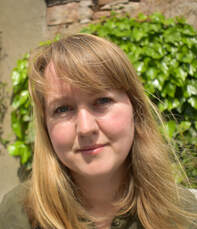 I was so delighted to win the Exeter Story Prize in 2019 for my story ‘Island Girl 139’. It was a story I’d been working on for a couple of years and the positive feedback from judges was a real confidence boost. Soon afterwards, I started a completely new project – a short novel about two medieval women, Julian of Norwich and Margery Kempe. Both women lived in Norfolk in the fourteenth century and both claimed to have visions of Christ. Julian recorded her experiences in a book, The Revelations of Divine Love, which she wrote while she was an anchoress – confined to a single room for thirty years – and which she kept secret all her life for fear of accusations of heresy. Margery was an illiterate merchant’s wife and the mother of fourteen children, so her life was incredibly different from Julian’s. She often boasted of her visions, and she was repeatedly threatened with arrest. When she was in her sixties she dictated her life story, The Book of Margery Kempe – and it’s the first known autobiography in English. When I read that these two women had actually met, something sparked in my imagination – what would a celibate anchoress and a mother of fourteen have to say to each other? In 2021 I sent the manuscript to Sam Copeland at Rogers, Coleridge and White, and he proved to be my perfect agent. He loved the book and quickly secured me a two-book deal with Bloomsbury. I can really only speak in cliches about this moment in my writing career – I was over the moon! My novel, For Thy Great Pain Have Mercy On My Little Pain (a quotation from Margery’s book), will be published in early 2023, and a second novel, Brantwood, about the Victorian art critic John Ruskin, will be published in 2025. After many years of writing and trying to get an agent, my advice to other emerging writers is to follow your heart. Write about what interests you, what you want to read, and this passion will surely show on the page. You can find out more about Victoria here: victoriamackenzie.net Simon won the Trisha Ashley Award with 'Jimmy Christian', a tale of a young man who brings two small boys back from the dead. Since then he has written a considerable number of words and in February this year published his fourth novel, Eternity Leave. I asked him to tell us a little about himself and his writing. I’m one of those writers whose life experiences are integral to my writing. For the past twenty years, I have been the main parent for my four children and while there are many books written by mothers about their experiences of raising young children, Eternity Leave, published in February this year is, as far as I know, unique in telling the story from a father’s perspective. Whilst the novel is intended to be a ‘light and easy read’, it also carries some important messages about gender discrimination and the isolation, loss of self-esteem and the demands of looking after both small and now older children. I wrote it as a fictional memoir in what I have been reliably informed is a, ‘blisteringly honest style’.
When I won the Trisha Ashley Award in 2015, I already had one novel published. Bread for the Bourgeoisie, was set in London and Romania. The latter being a country I knew well having worked in their mental health services. Winning the award gave me the confidence to press on with my next novel, Dead Dog Floating and then my most successful book to date The Truth About Us, which has sold 30,000 copies, and its sequel The Truth About Her. Over the years, I have won a number of writing competitions as well as the Trisha Ashley Award, including the Harry Bowling Prize and the The New Writer. Prior to becoming a father, I worked in the NHS for twenty years and travelled extensively around the world, working on projects supporting children with education and women’s empowerment projects. Nowadays, when not writing, I like to ride a very large motorbike and put a bit of space between me and the Westcountry where I live with my family. I'm delighted to welcome Louise to the blog. She has been very busy since the Exeter Novel Prize award ceremony in 2016! Below she tells us about her own writing journey and offers some excellent advice. A memory came up on my social media recently from five years ago, particularly poignant given we can’t travel right now and I’m stuck in the Alps (not a terrible place to be ‘stuck,’ if truth be known). The photo memory was of my trip to Exeter in 2016 to the prize-giving ceremony for the Exeter Novel Prize hosted by the lovely folk at Creative Writing Matters. The ceremony was held in the spectacular St Stephen’s Church in the centre of historical Exeter. Although I didn’t win, I was very proud to receive my gorgeous cut-glass trophy as one of the six finalists for my novel Strangers on a Bridgewhich led to its subsequent publication with HQ Stories, an imprint of Harper Collins. It was the start of my writing career, a dream job doing the thing I feel most passionate about, bringing my stories to readers. Little did I know that five years later I would have two suspense novels published and short fiction in more than twenty print anthologies. I’ve just signed a contract for a third psychological thriller entitled The Beaten Track with indie publisher Red Dog Press. Here’s a link to the press release: https://www.reddogpress.co.uk/post/another-bed-in-the-kennel And there are more stories and novels on the way. If you have a yearning to write and think you have an idea for a novel, but can’t face the mammoth task of planning and writing it, start with something smaller. Start with a scene from your bigger story, act it out in your mind and write it down on paper or type it on your computer. Hone the dialogue, enrich your setting and build your longer story from there. Some of my novel ideas have come from short stories and have built into much bigger things. Don’t let the enormity of the task stop you from actually writing. Entering competitions can become a little addictive. I’m a member of a private group of close-knit short fiction writers and find myself unable to stop the thrill of waiting to hear whether I’ve made a shortlist with a new piece of work (I’m currently in this situation, waiting to see whether my long-listed story makes it to the Exeter Short Story Prize shortlist!) This, luckily, keeps my interest in short fiction alive, while also juggling my time working on novel-length works. Have you ever uttered the words: ‘I’m sure I’ve got a novel in me’? For any budding writers out there with an idea for a novel, don’t hold back! I would advocate finding a writing group, or a handful of other writers who would be willing to swap and critique work. A neutral eye can sometimes make the difference between finding yourself on that dreaded slush pile beside an editor’s desk, or reaching the shortlist of a prestigious competition such as the Exeter Novel Prize. 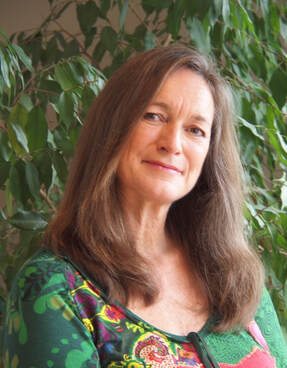 Find out more about Louise and her work on social media: https://louisemangos.com/ https://twitter.com/LouiseMangos https://facebook.com/LouiseMangosBooks/ |
What they did next...Scroll down to find out about our previous winners. Archives
April 2024
Categories
All
|
- Home
- What We Do
-
Competitions
- Our Winners
- 2024 Exeter Novel Prize
- 2023 Exeter Novel Prize
- 2023 Exeter Story Prize and Trisha Ashley Award
- 2022 Exeter Novel Prize
- 2022 Exeter Story Prize & Trisha Ashley Award >
- 2021 Exeter Novel Prize >
- 2021 Exeter Story Prize and Trisha Ashley Award >
- 2020 Exeter Novel Prize >
- 2020 Exeter Story Prize and Trisha Ashley Award >
- 2019 Exeter Novel Prize >
- 2019 Exeter Story Prize and Trisha Ashley Award >
- 2019 Exeter Flash Competition >
- 2018 Exeter Novel Prize
- 2018 Exeter Story Prize and Trisha Ashley Award >
- 2018 Exeter Flash Competition >
- 2017 Exeter Novel Prize
- 2017 Exeter Story Prize and Trisha Ashley Award
- 2016 Exeter Novel Prize Award Ceremony and Judge's Report
- 2016 Exeter Story Prize
- 2015 ENP Award Ceremony and Judge's reports
- 2015 ESP, Award Ceremony and Judges' Report
- 2014 ENP Award Ceremony and Judge's Report
- 2013 ENP Award Ceremony and Judge's Report
- 2017 Flash Winners
- 2016 Flash Winners
- 2015 Flash Winners
- 2014 Flash winners
- 2013 Flash Winners
- 2012 Flash Winners
- 2011 Flash Winners
- 2017 Wow! Winners
- 2016 Wow! Winners
- 2015 Wow! Winners
- 2014 Wow! Winners
- About us
- Blog
- Links
- Privacy Policy
Photos from Noah Sussman, Noah Sussman, Noah Sussman, crosescribe, The hills are alive*, Dave_S., h.koppdelaney, twm1340, Cristian V., PoloGoomba, RachelH_, M Glasgow, wendati
- Home
- What We Do
-
Competitions
- Our Winners
- 2024 Exeter Novel Prize
- 2023 Exeter Novel Prize
- 2023 Exeter Story Prize and Trisha Ashley Award
- 2022 Exeter Novel Prize
- 2022 Exeter Story Prize & Trisha Ashley Award >
- 2021 Exeter Novel Prize >
- 2021 Exeter Story Prize and Trisha Ashley Award >
- 2020 Exeter Novel Prize >
- 2020 Exeter Story Prize and Trisha Ashley Award >
- 2019 Exeter Novel Prize >
- 2019 Exeter Story Prize and Trisha Ashley Award >
- 2019 Exeter Flash Competition >
- 2018 Exeter Novel Prize
- 2018 Exeter Story Prize and Trisha Ashley Award >
- 2018 Exeter Flash Competition >
- 2017 Exeter Novel Prize
- 2017 Exeter Story Prize and Trisha Ashley Award
- 2016 Exeter Novel Prize Award Ceremony and Judge's Report
- 2016 Exeter Story Prize
- 2015 ENP Award Ceremony and Judge's reports
- 2015 ESP, Award Ceremony and Judges' Report
- 2014 ENP Award Ceremony and Judge's Report
- 2013 ENP Award Ceremony and Judge's Report
- 2017 Flash Winners
- 2016 Flash Winners
- 2015 Flash Winners
- 2014 Flash winners
- 2013 Flash Winners
- 2012 Flash Winners
- 2011 Flash Winners
- 2017 Wow! Winners
- 2016 Wow! Winners
- 2015 Wow! Winners
- 2014 Wow! Winners
- About us
- Blog
- Links
- Privacy Policy

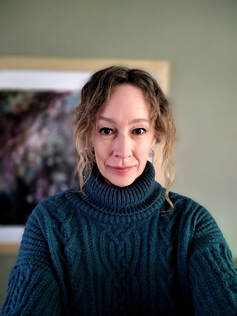
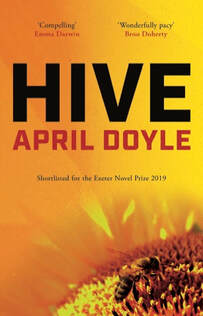
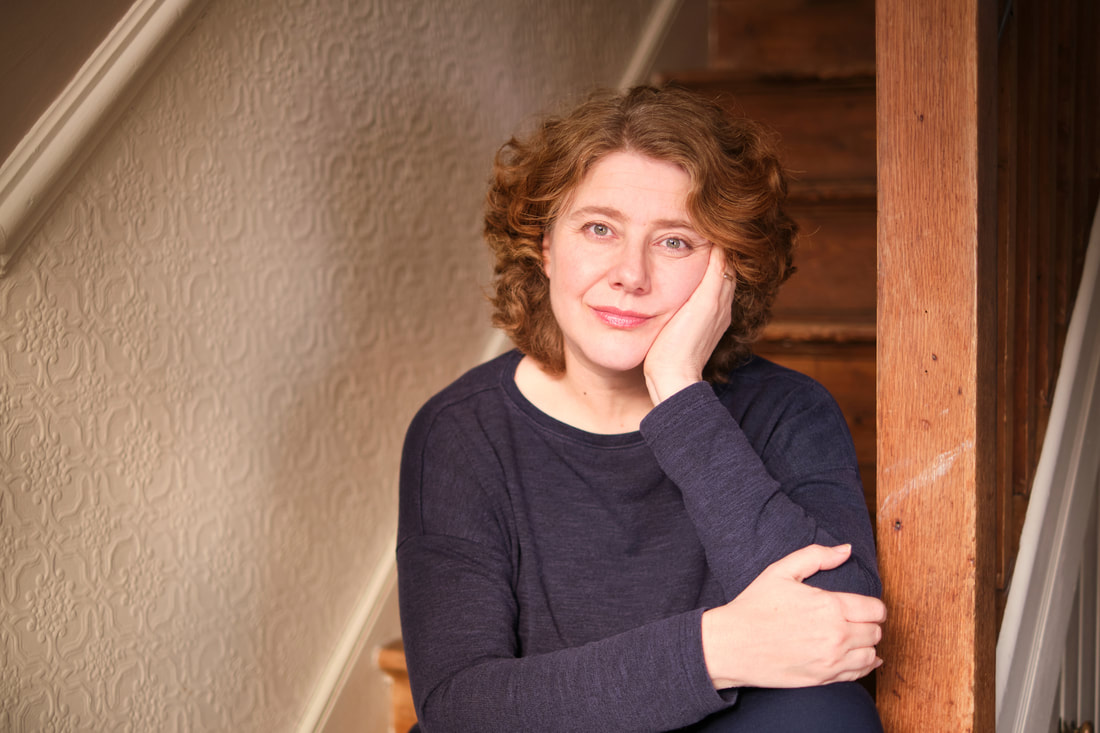
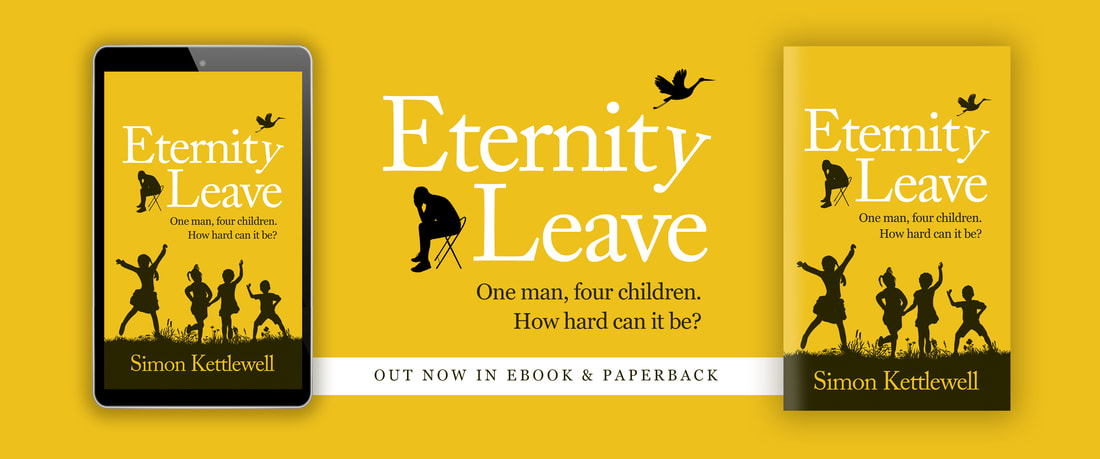
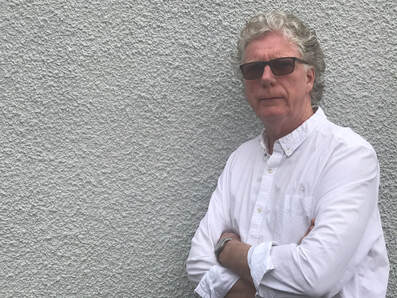
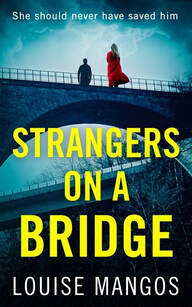
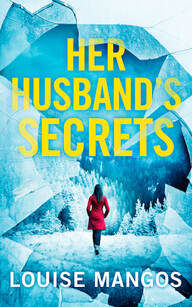
 RSS Feed
RSS Feed


